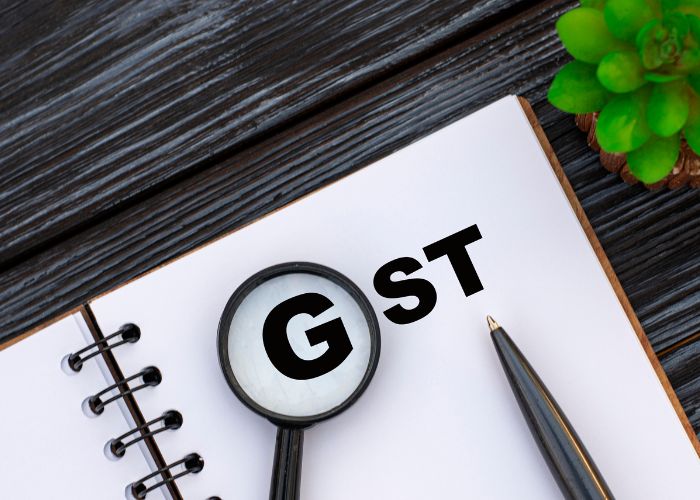
DGGI is not Superior to State GST: Jharkhand High Court
In a groundbreaking verdict, the Jharkhand High Court has brought clarity to the convoluted landscape of Goods and Services Tax (GST) enforcement. The recent case of Vivek Narsaria vs. State of Jharkhand sheds light on the jurisdictional tug-of-war between the Directorate General of Goods & Services Tax Intelligence (DGGI) and the State Goods and Services Tax (SGST) Department. This article delves into the intricacies of the case, emphasizing the crucial implications for businesses navigating the GST domain.
Understanding the Case:
At the heart of the matter is Vivek Narsaria, the proprietor of M/s. Manish Trading Company, entangled in investigations initiated by various tax authorities, including the State GST Department, Central Goods & Services Tax, and the DGGI. The case's focal point revolves around the interpretation of Section 6(2)(b) of the Central Goods and Services Tax Act (CGST Act) and the clarifications issued on 5.10.2018.

Key Jurisdictional Framework:
Section 6(1) of the CGST Act designates officers appointed under State GST Acts as proper officers for the CGST Act. However, the intricate dance between State and Central tax officers is outlined in Section 6(2)(b), and the subsequent clarification dated 5.10.2018 highlights the equal standing of both authorities in initiating intelligence-based enforcement actions.
The Jharkhand High Court's Verdict:
In a significant departure from the perceived superiority of the DGGI, the Jharkhand High Court, referencing Section 6(2)(b) and the clarifications, established the equal jurisdictional standing of State GST authorities. The court's directive for the transfer of all investigations to the State GST authorities underscores their competence, signaling a paradigm shift in the balance of power.
Implications for Businesses:
The Vivek Narsaria case serves as a pivotal moment for businesses navigating the complexities of GST compliance. Understanding the jurisdictional nuances is paramount, and this verdict carries essential implications:
Comprehensive Compliance: Businesses must ensure exhaustive compliance with GST regulations to mitigate the risk of investigations and legal challenges.
Legal Awareness: Stay abreast of legal developments and court decisions concerning GST to make informed decisions and adapt business operations accordingly.
Collaboration with Experts: Engaging with tax experts or legal professionals is crucial for navigating the intricate GST landscape and ensuring adherence to jurisdictional requirements.
Documentation and Record-Keeping: Maintaining meticulous records of transactions, invoices, and tax filings is pivotal for providing a robust defense in the event of investigations.
The Jharkhand High Court's ruling in the Vivek Narsaria case serves as a clarion call for businesses to navigate the complex GST terrain with vigilance. Understanding the jurisdictional framework and proactively adhering to compliance measures will be instrumental in mitigating potential risks, ensuring a seamless operation within the legal boundaries. Stay informed, stay compliant, and thrive in the ever-evolving GST landscape.
Supriya Dutt
I'm Supriya Dutt, and I'm not just a blogger; I'm a storyteller with an unending love for Bihar. Bihar is not just my home; it's my muse. I was born and raised in the heart of this culturally rich state, and that's where my journey as a writer began.My passion is to share the beauty and depth of Bihar through my words. Bihar isn't just a place; it's a treasure trove of history, traditions, and untapped potential. Through my blog, BiharLinks.com, I aim to change perceptions and uncover the hidden gems of Bihar.
Request A Call Back
Ever find yourself staring at your computer screen a good consulting slogan to come to mind? Oftentimes.

